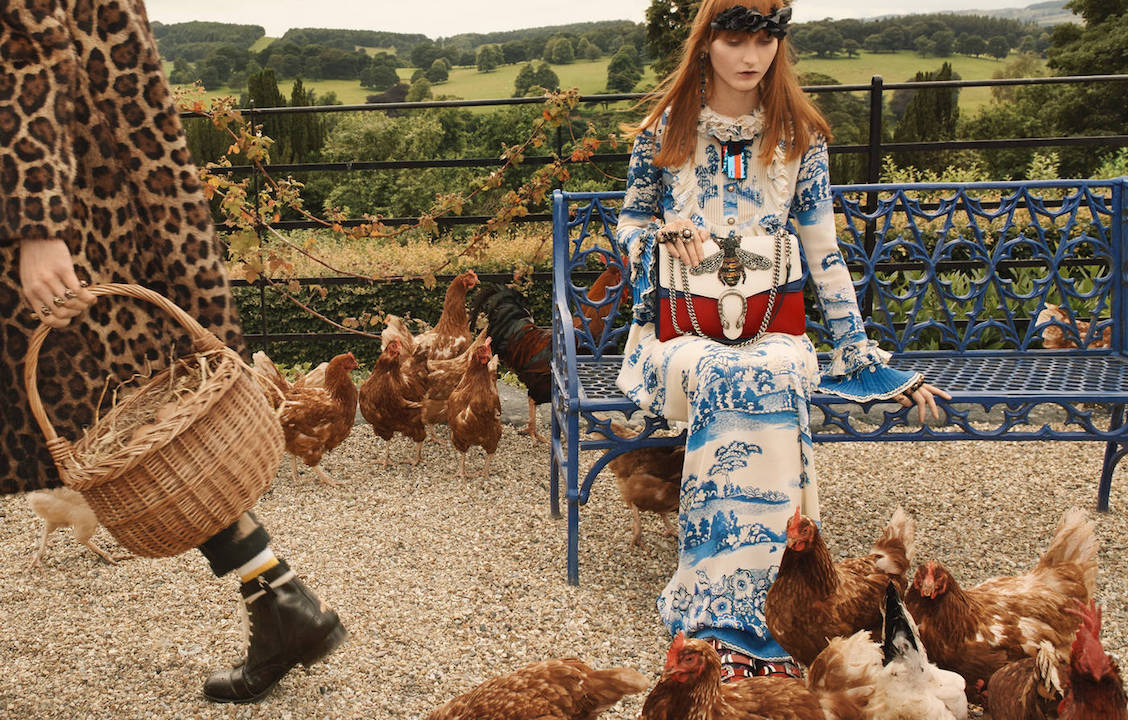Perhaps a staple item of clothing in a fashion icon’s wardrobe is a classic fur coat or jacket. After all, not only does it keep you nice and warm, it instantly amps up your look with no effort at all. These are usually perfect for strutting in the cold winter nights of Hong Kong or Tokyo. However, it seems like over time; the market has changed for both the demand and supply for fur. Like most known fashion brands today, Gucci is just another one to announce that it will cease selling fur from now on.
The Italian brand has been a powerhouse in the fashion industry for decades now that there is no doubt other fashion names would soon follow the lead. In fact, in the recent years, this has also been spearheaded by some equally big brands in the industry such as Ralph Lauren, Giorgio Armani, Stella McCartney, and Calvin Klein. “How far the movement will go depends on how consumer perception will shift,” mentioned Diana Verde Nieto, CEO of Positive Luxury London.
True to what Nieto has mentioned, the aim for a more sustainable and ethical production of clothing has been more noticeable recently. Particularly with the creation of fur, somewhat a bit of a hotter issue than of leather. It is because fur farming goes through a much cruel process that animals are said to go through painful conditions. In fact, a lot of activists and celebrities have successfully influenced its ban in the regions of Europe including United Kingdom, Germany, and Austria.
Eventually, the push for using synthetic fur has developed. However, some consumers, particularly those that are more keen on the subject of authenticity, might not be sold on the idea of it. As the product has been a staple for luxury consumers for an extended period, it has also been a part of a lot of cultures. For instance, fur is known to be a status symbol in the Middle East and still even in some parts of Europe and USA. But also if the demand for authentic animal fur would not completely disappear, the new generation is deemed to have a stance against the practice somehow a reason why a rise in other ethical practices such as veganism and vegetarianism has been spreading as well.
Aside from the clothing industry’s fight against animal cruelty, other big brands of other industries are taking steps into sustainability as well. For instance, Salvatore Ferragamo has published its Sustainability Report for last year proving how much they have reduced their natural gas consumption by almost 11%. In the automobile industry, Germany’s BMW is reported to have sold over 50,000 electric vehicles this 2017 which should then be a massive tool in leading the electric-powered automobile industry not just in Europe but as well as in other countries.
As the younger market is seen to have more progressive views towards sustainability and ethical consumption, these brands and their initiatives to achieve this may shed new light on the consumer industry.












